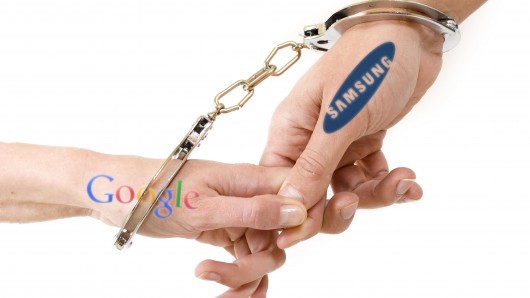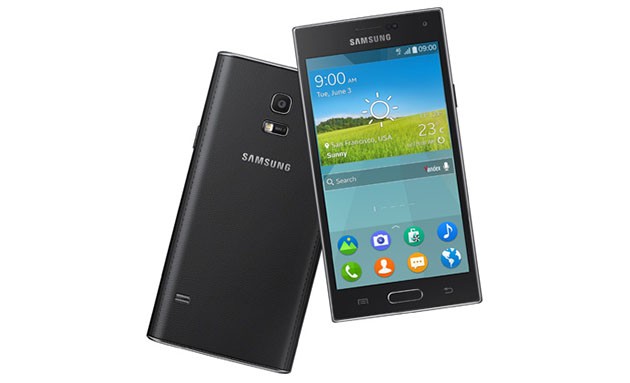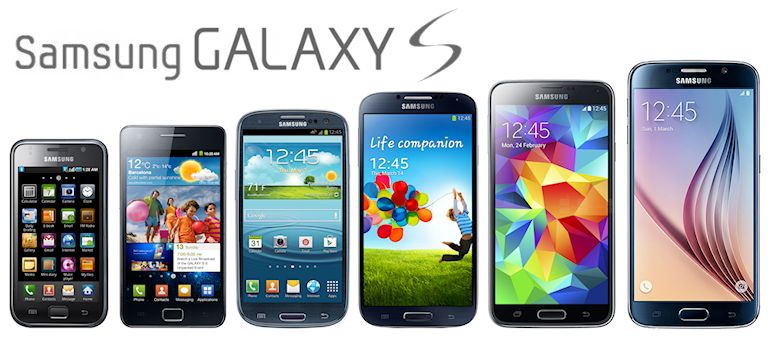We return to June last year and remember the revival in the network in connection with the release of the Samsung Z smartphone based on Tizen. In today's Pavilion, your attention is offered an opinion on whether Android will end its existence if the largest manufacturer and seller of devices abandons it, whose contribution to the development of the OS is quite significant.

Samsung's desire to leave the Google ecosystem within the framework of the used OS on its devices has long been no secret. First, Tizen appears in some of the company's cameras. Then, Android 'gives way to' Tizen in the Galaxy Gear 2. This is followed by the announcement of an update for the first generation Gear, which marks the move back from Tizen to Android. And to top it all off, Samsung Z is announced, positioned as a premium smartphone and being the company's first phone based on Tizen. Like this. Samsung has begun the transition from Android to Tizen.

You, as a user, will not notice any difference between the devices in terms of the visual component. Samsung has already proved its ability to preserve the appearance Android (rather, its version Android), and Tizen is a vivid confirmation of this. You have to try very hard to find significant differences. However, Tizen doesn't have a developed ecosystem. This will become a significant stumbling block in the process of persuading developers to create products for an unpopular OS. Nevertheless, platform support Android – applications can give a start.
Samsung is slowly but surely trying to slip out of Google's iron grip. The mentioned phone is a kind of beta test, carried out to understand the peculiarities of consumers' perception of the OS Tizen. There is still a long way to go completely from Android. Google's iron hand doesn't make this process easier.
Here are some excerpts from the above material. Samsung cannot promise anything to developers who rely entirely on Google. Any rumors that Samsung is abandoning Android would be premature. there is no information about the issuance of the appropriate licenses or the creation of the 'cloud' messenger API. This may be due to the unavailability of the Google API if Samsung 'migrates' to Tizen. Also, in the event of such a step, such as publicly demonstrating Samsung's hostility towards Android, the company will be permanently excluded from the Open Handset Alliance. Of course, if Samsung wants to return to Android again, it will be possible with a fork, but, again, this will be prevented by the lack of access to APIs and Google services, and therefore to the entire application ecosystem. So, if the transition is made, then there is no way back.

If we consider the unlikely scenario in which Samsung manages to create a successful application system and completely migrate to Tizen, then we can conclude that this will not mean decline Android. Some believe that Samsung is one of the pillars of the OS, and if it isn't in the ecosystem Android the OS will crash. This is not true. At least not until the end.
Yes, Samsung has some of the most successful Android -based handsets, and some users think Samsung = Android as well as PC = Windows. Samsung's influence on Android is significant, so a rejection will be a blow to the latter. This goes without saying. But this does not mean that Android will be destroyed. The OS will recover, Samsung will be replaced by another manufacturer capable of making smartphones better than Samsung, for example HTC, and Android will continue its evolution at the same rate. We must not forget that the world Android is very, very wide, and is not limited to Samsung, albeit successful, but only a milestone on the way. There are millions of devices on the market Android, and Samsung's share is not that great.
In the cheap price segment Android it alone leads, iOS is not present here, and Windows Phone cannot cope with the competition. It is dominated by players like Motorola, while Samsung does not have big sales in this range. Then comes the middle price segment, in which the situation is similar, with the exception of competitors Motorola in the face of devices of the Nexus line, offering top-end features for an average price. Samsung has control in the top segment, but now it is again in sight HTC, LG and Sony.

Samsung's success is due to the success of the first device in the Galaxy line, which became the first full-fledged competitor iPhone. Galaxy S2 became bug-fixing and also successful. The S3 that followed was an instant hit and has since often served as an example to many that Android is great. The situation began to take an undesirable turn for the company with the release of S4. The device did not become a breakthrough in terms of innovation, but was only filled with dubious features that no one used. Its body repeated the S3, from which people were already tired by that moment, the eight-core processor became a publicity stunt – in fact, only 4 cores can work simultaneously. Yes, many people bought the device, but there was not that enthusiasm and excitement characteristic of the previous announcements of the Galaxy line. And then the S5 came out, which for the most part followed the fate of the S4, especially in terms of complaints. Users were waiting for a complete redesign, with a metal case and a Quad HD screen, something new. It was at this stage that many turned their backs on Samsung and turned to HTC and LG, which released interesting devices with interesting functions.
Summing up this passage, Android will not disappear without Samsung, because other players are increasing their influence and are ready to take the vacated 'throne' and lead Android – the movement. The argument in favor of a complete transition to Tizen is not perceived as something with good reason. Samsung will first need to involve developers in development to build a thriving app ecosystem. This, in turn, requires you to create your own APIs that provide easy porting of applications between Android and Tizen.
Similar to how the first Galaxy proved its potential in the fight against iPhone, so Tizen must become a full-fledged competitor Android for people to buy these devices. Each of these tasks is comparable to the exploits of Hercules and there is no certainty that Samsung can do them. This is why Samsung will not dare to abandon Android for a long time.
Original article
Elir: a good retrospective to see the changes in the marketplace. Samsung was able to take control of the situation, revised the design of its devices and released a number of commercially successful devices. As for Tizen, for the majority it is still somewhat of an experiment. One of the features Android is the lack of a monopoly in terms of the production of devices, so the refusal of one of the manufacturers to use the OS will be compensated by the activity of another player. My opinion coincides with the author's, the refusal from Android in favor of Tizen is unlikely, however, this does not prevent us from considering the OS as an independent project. In your opinion, dear readers, which of the 'young' operating systems can compete with Android in the future in the fight for the consumer?
